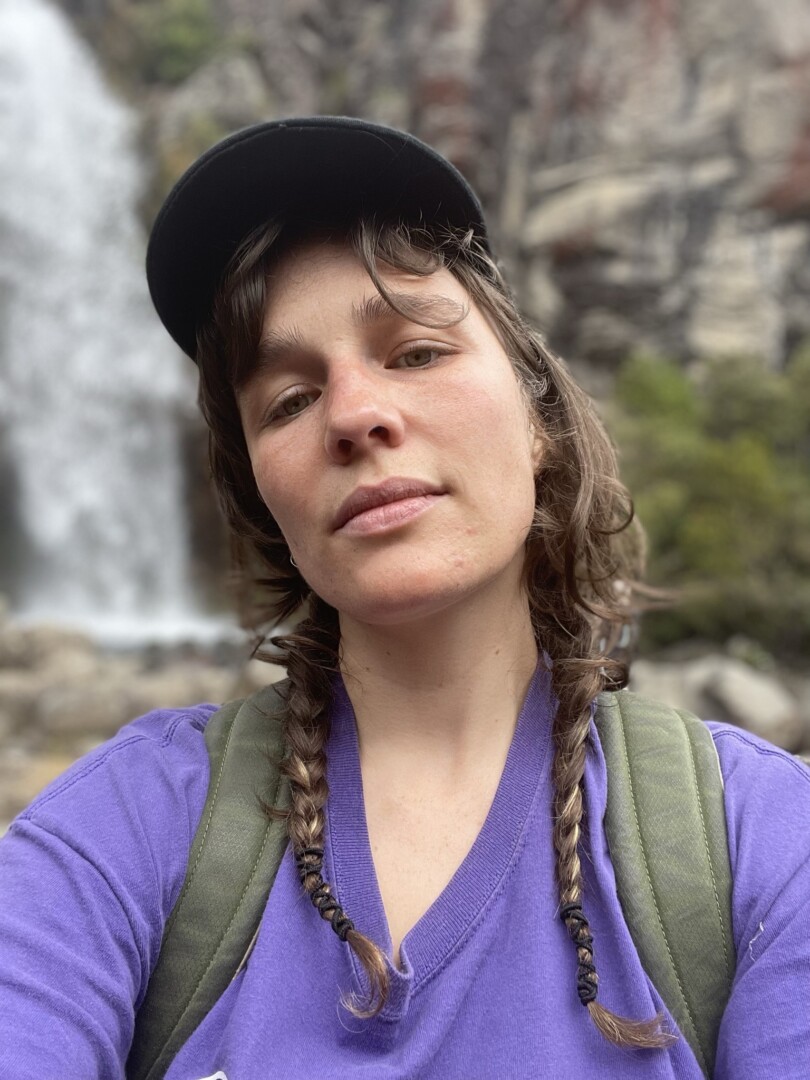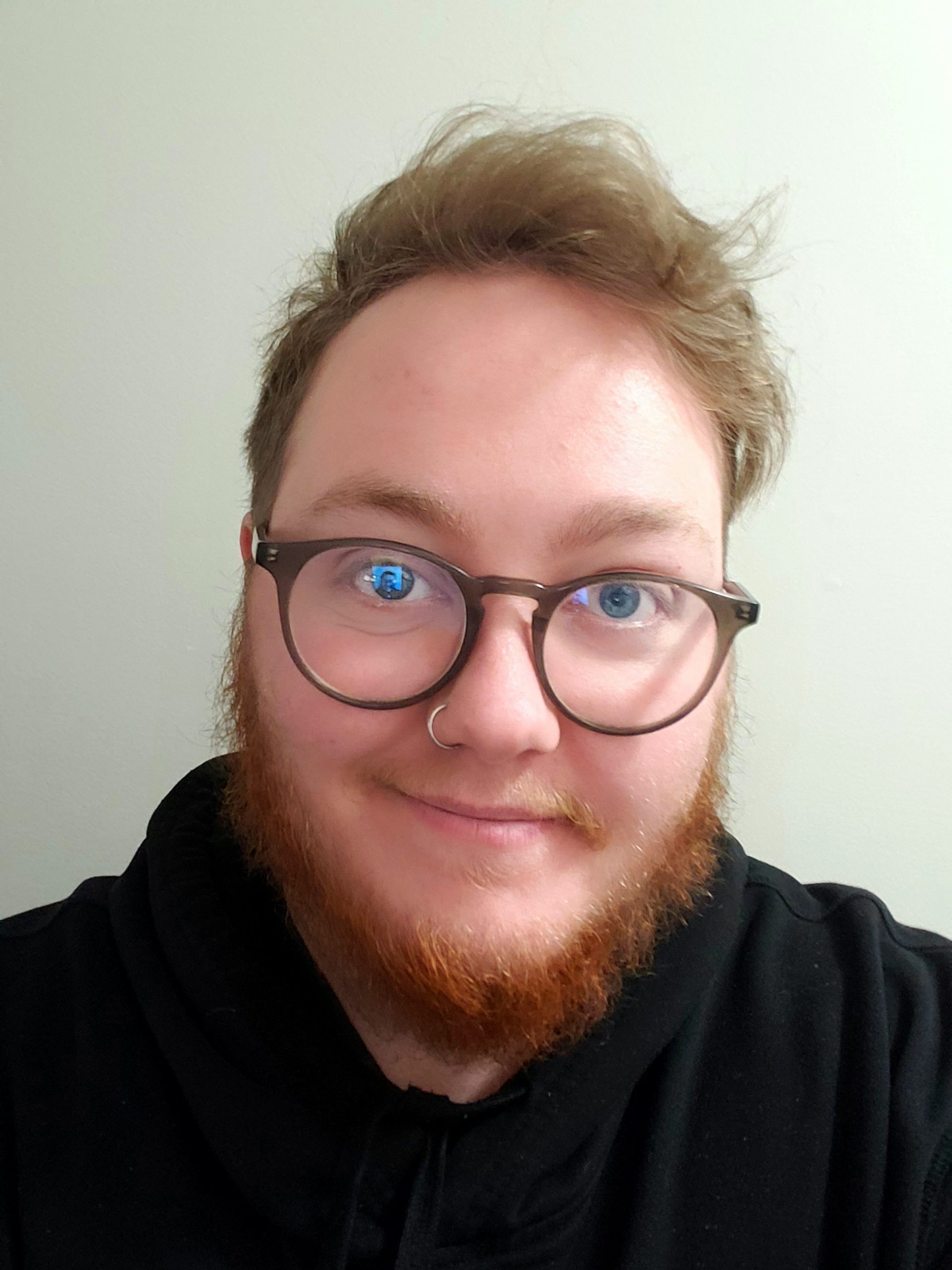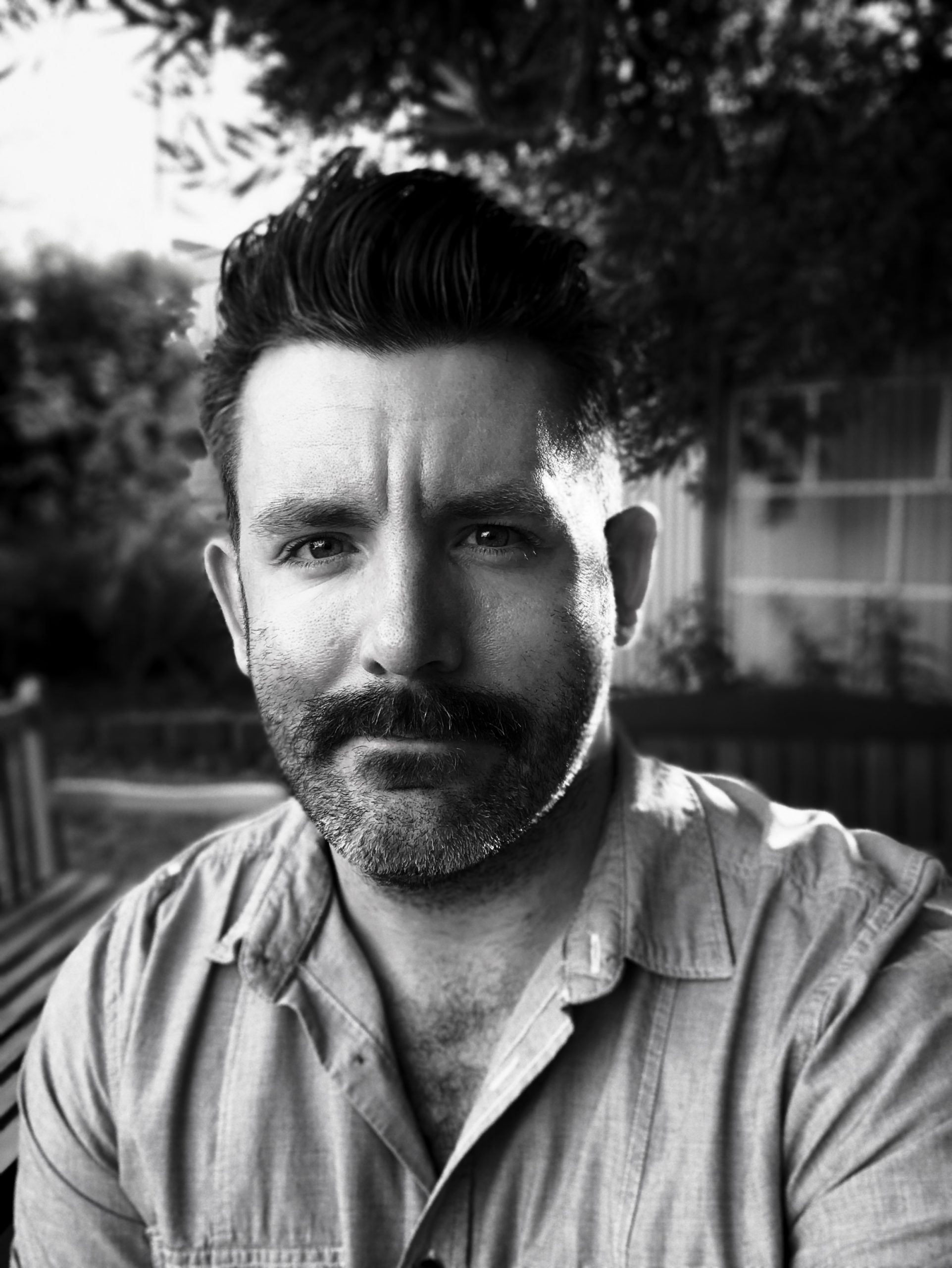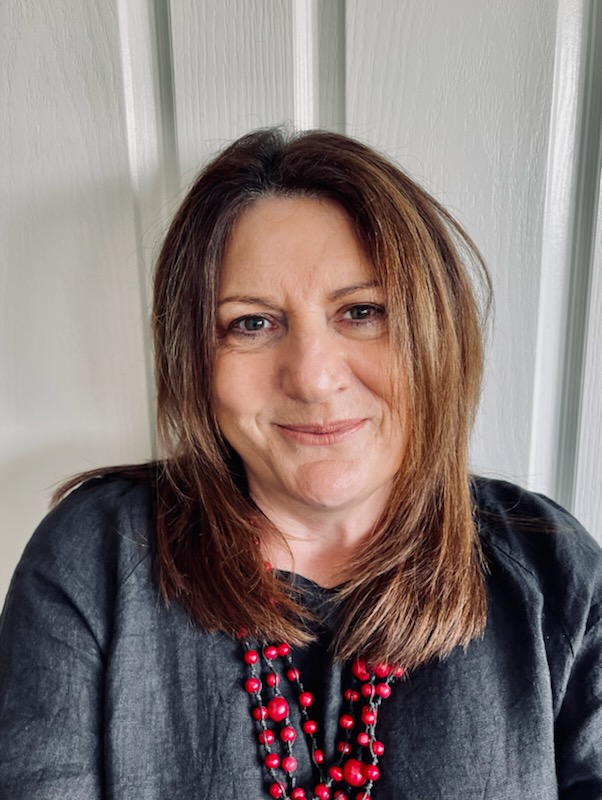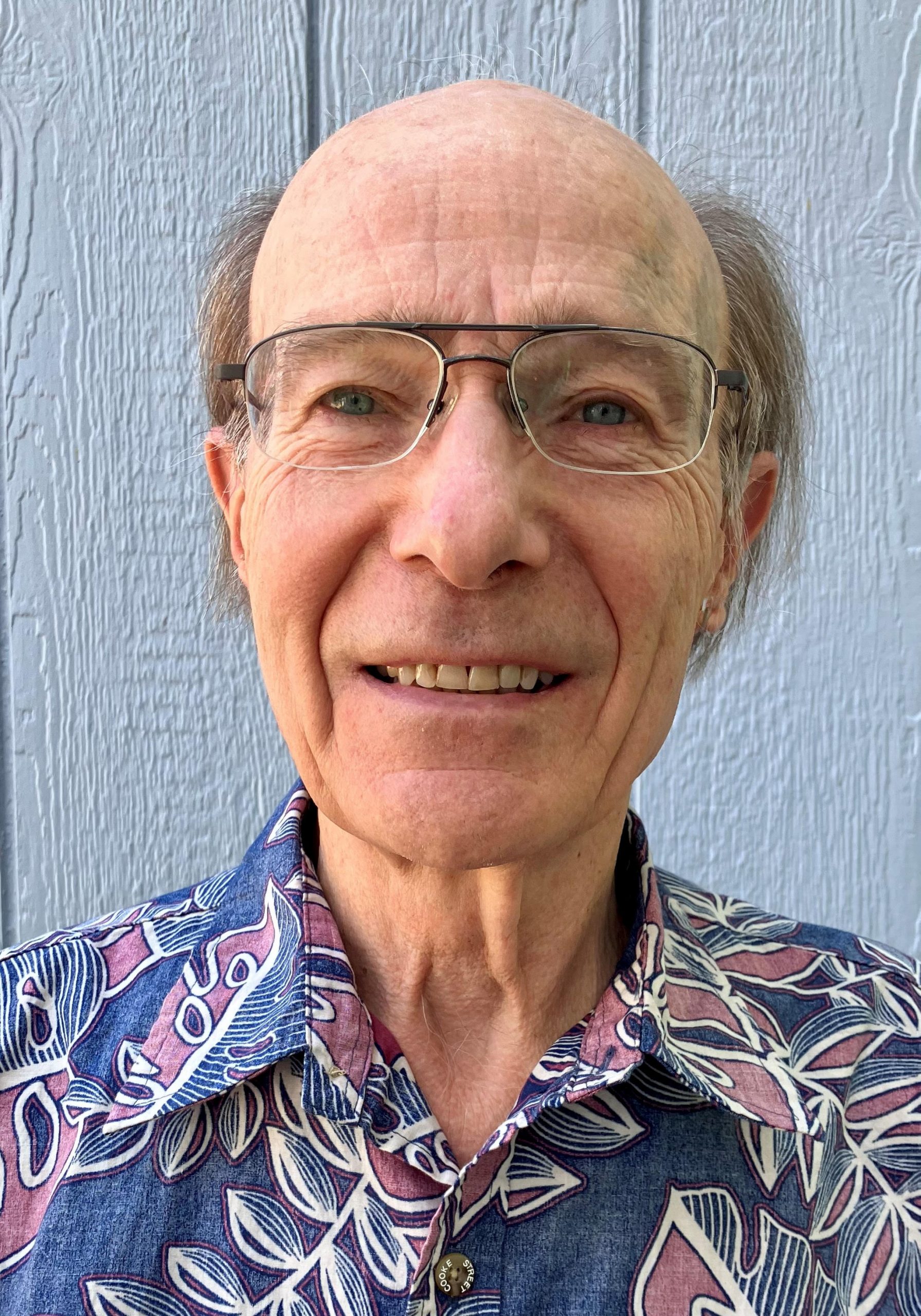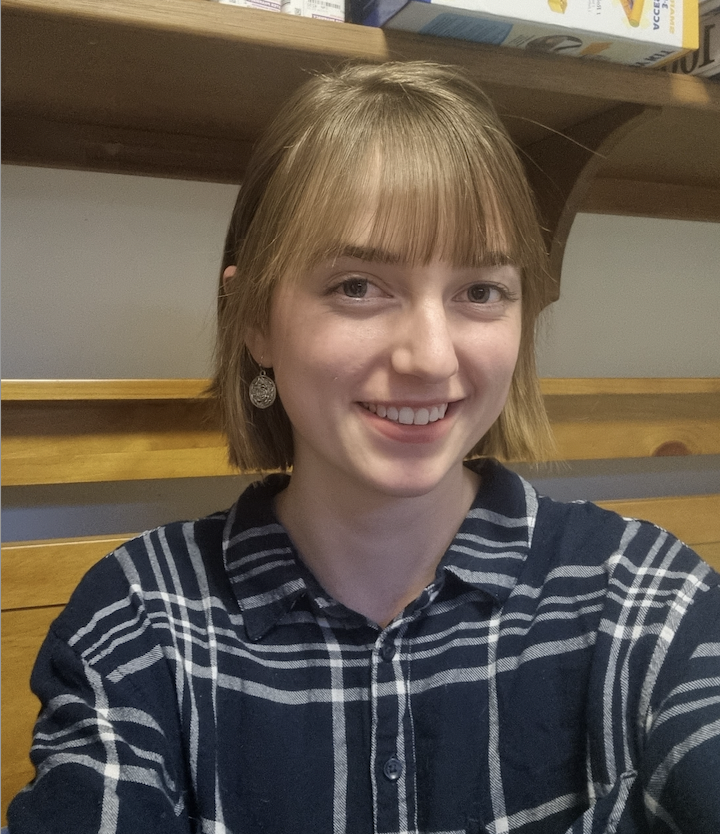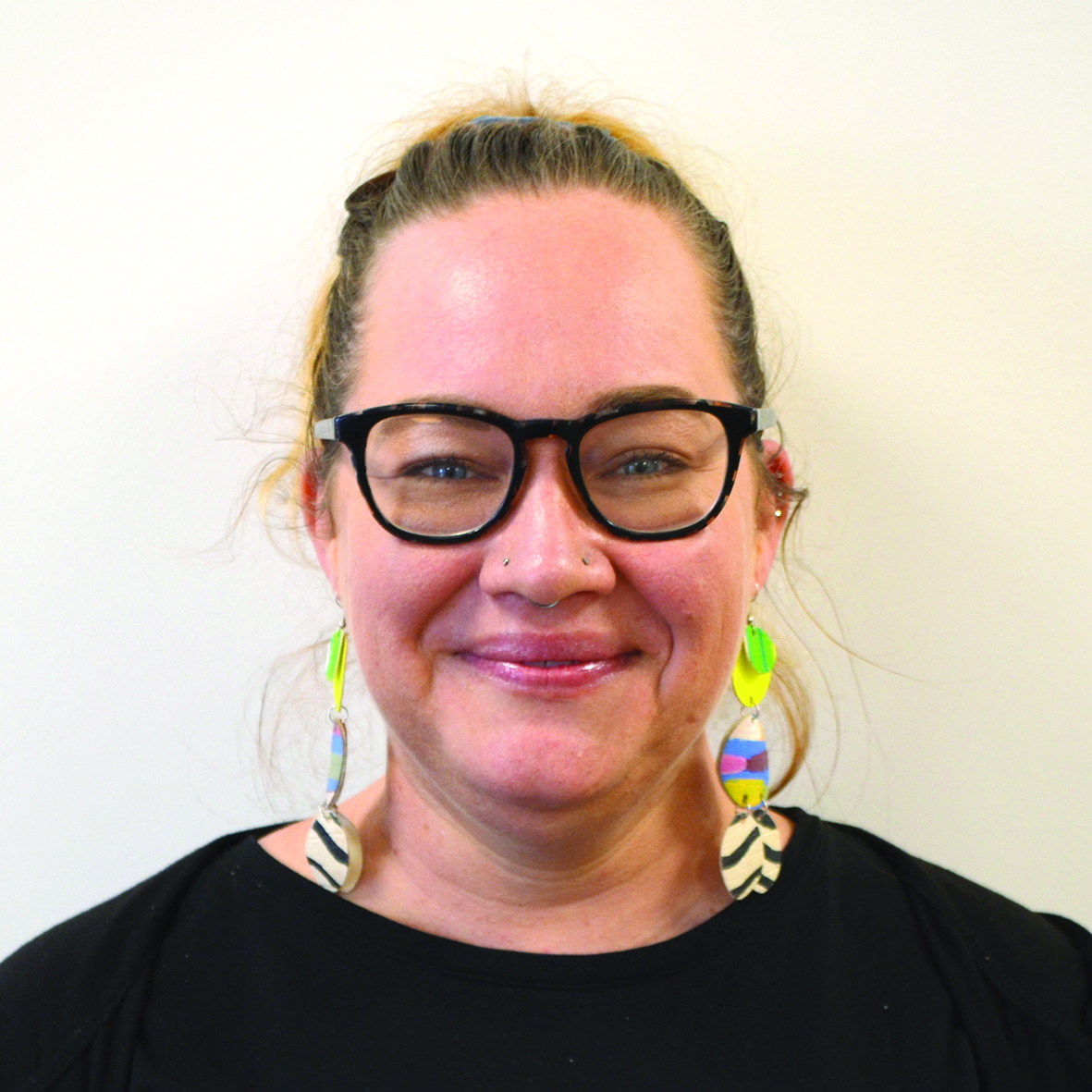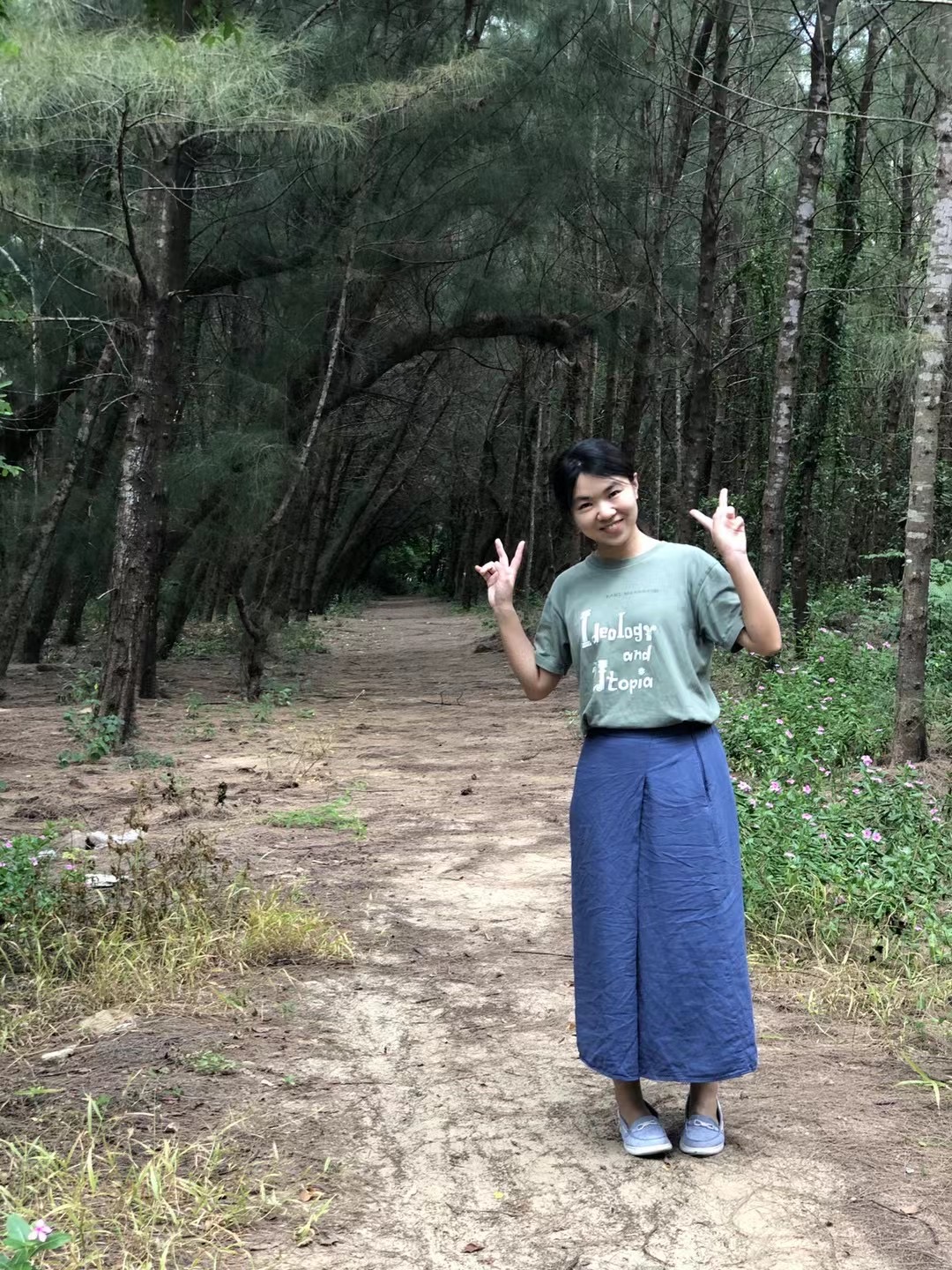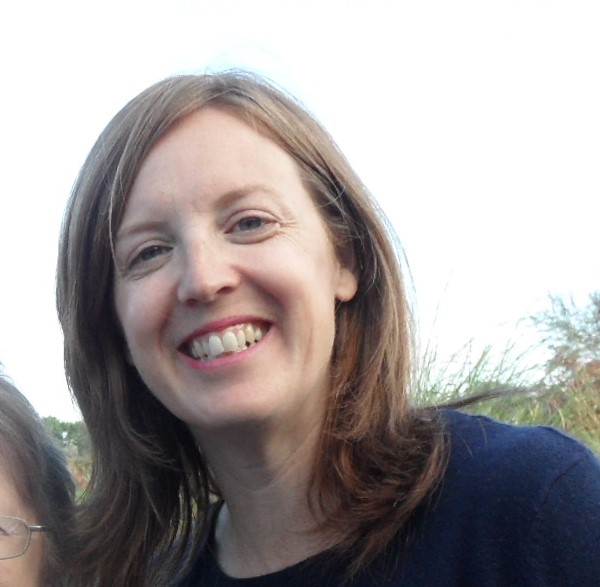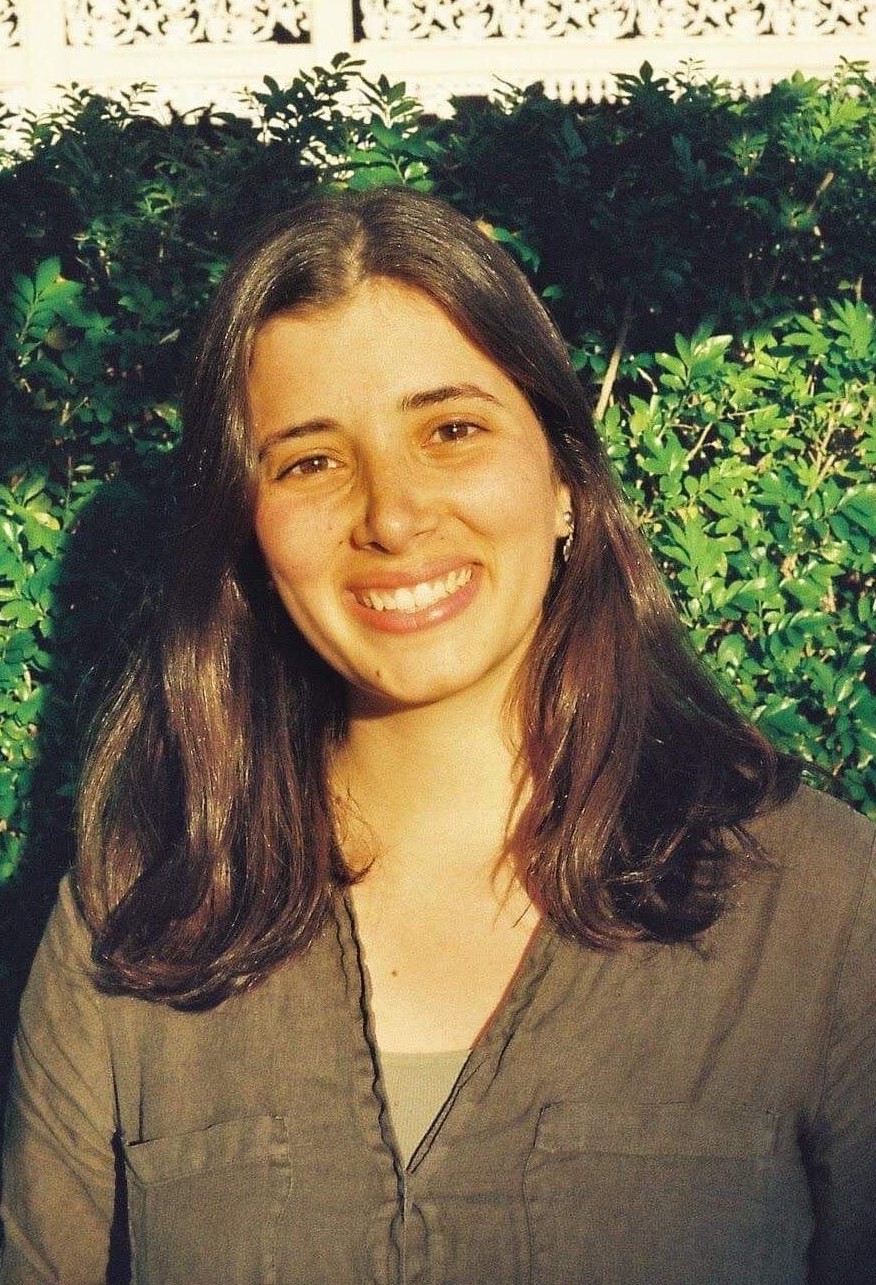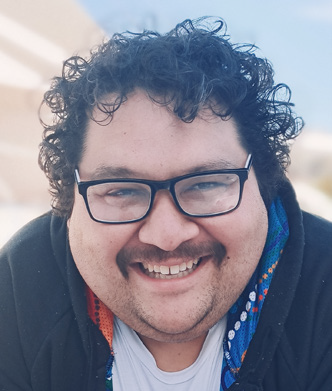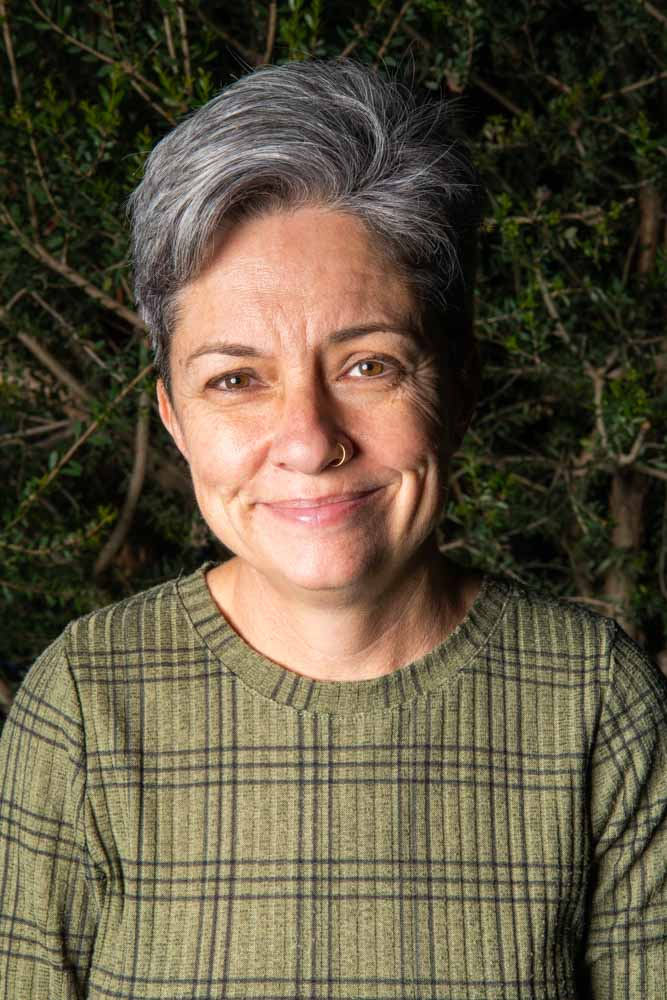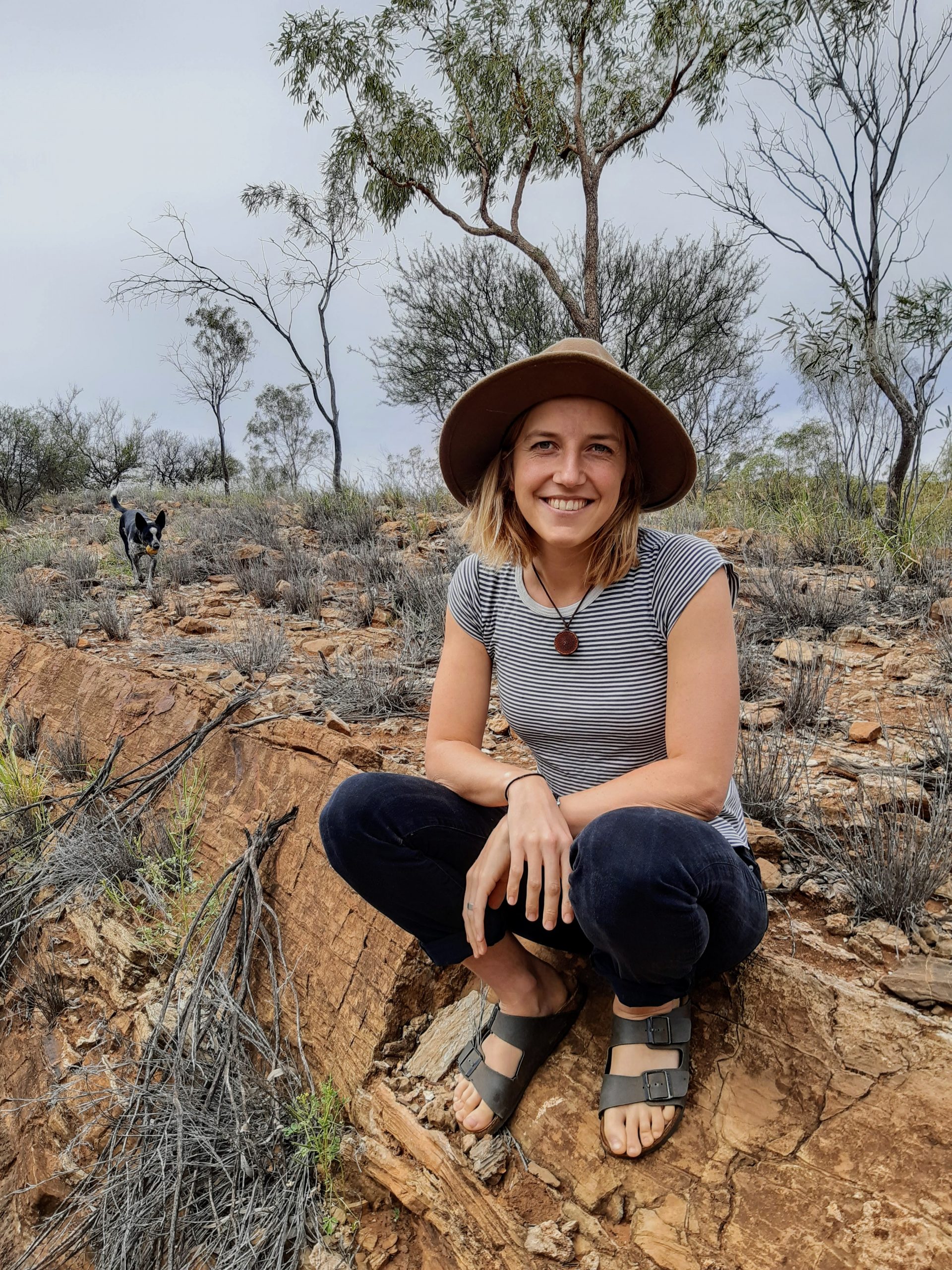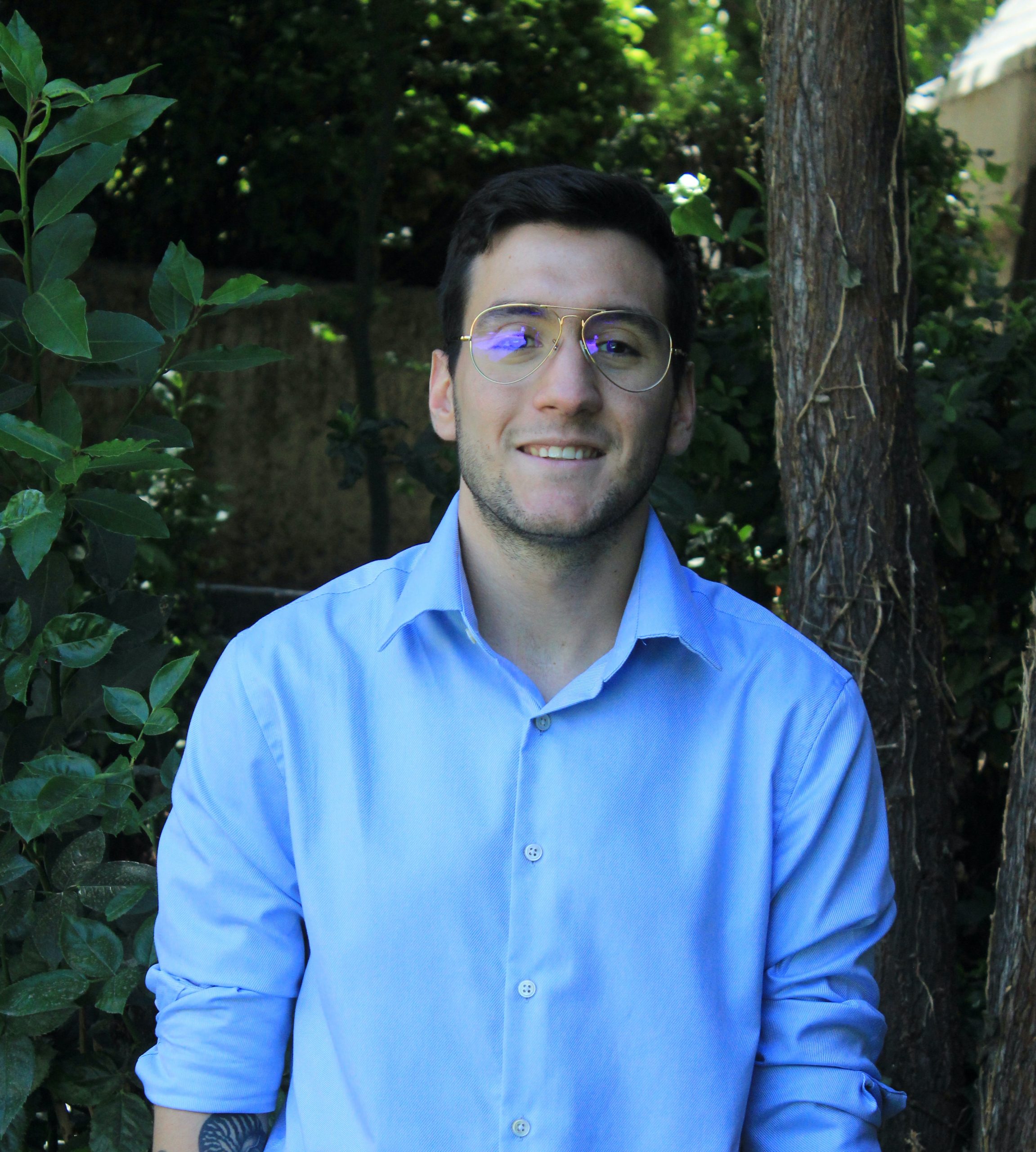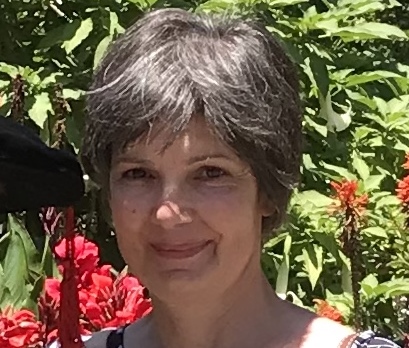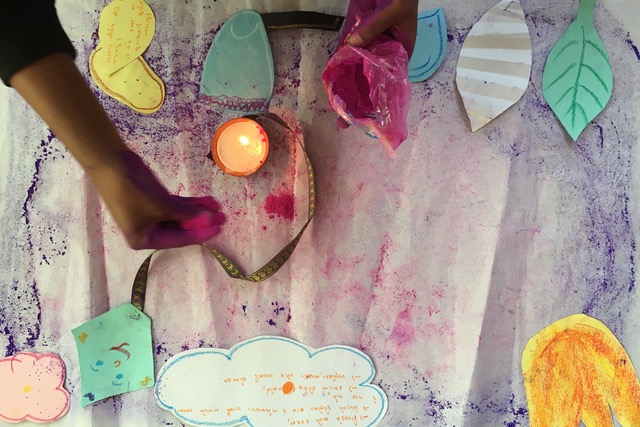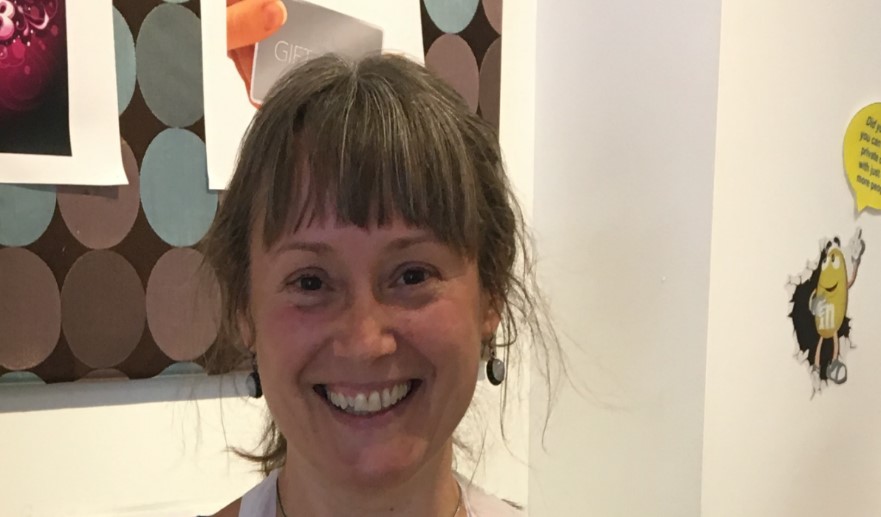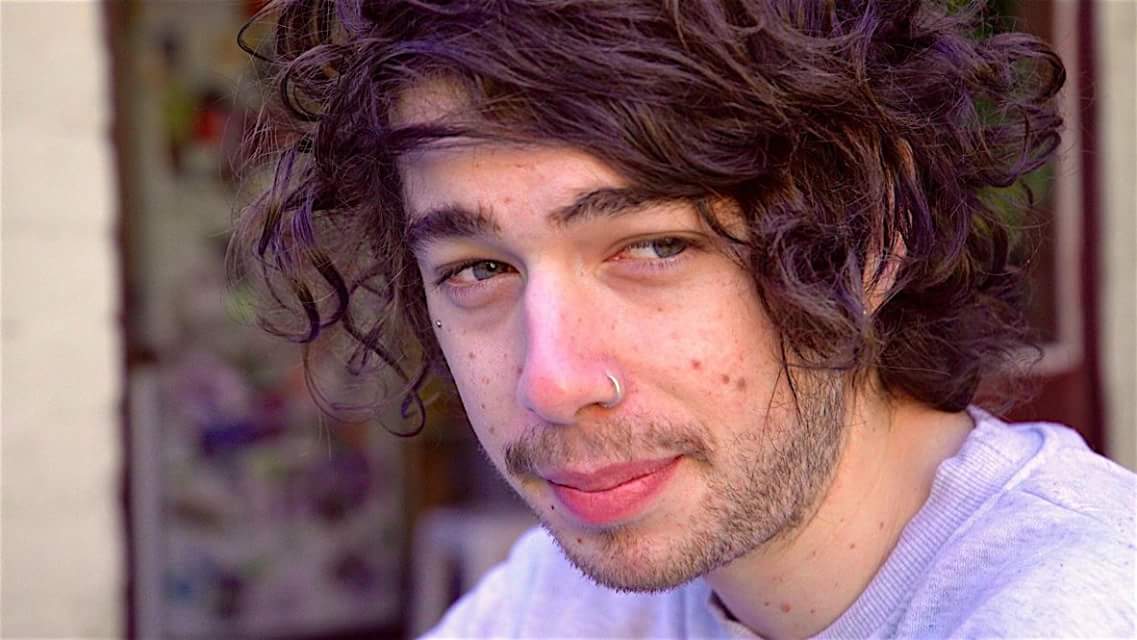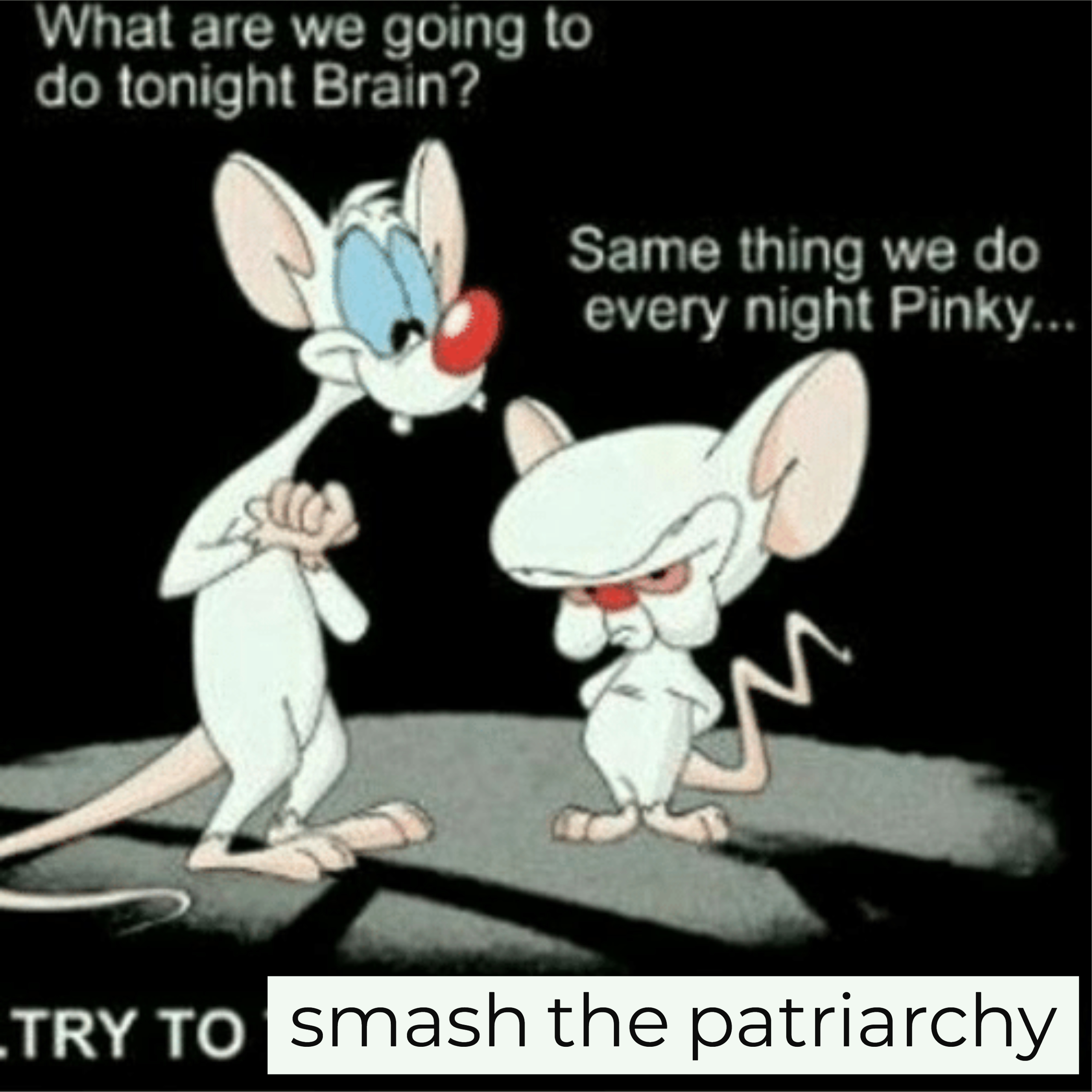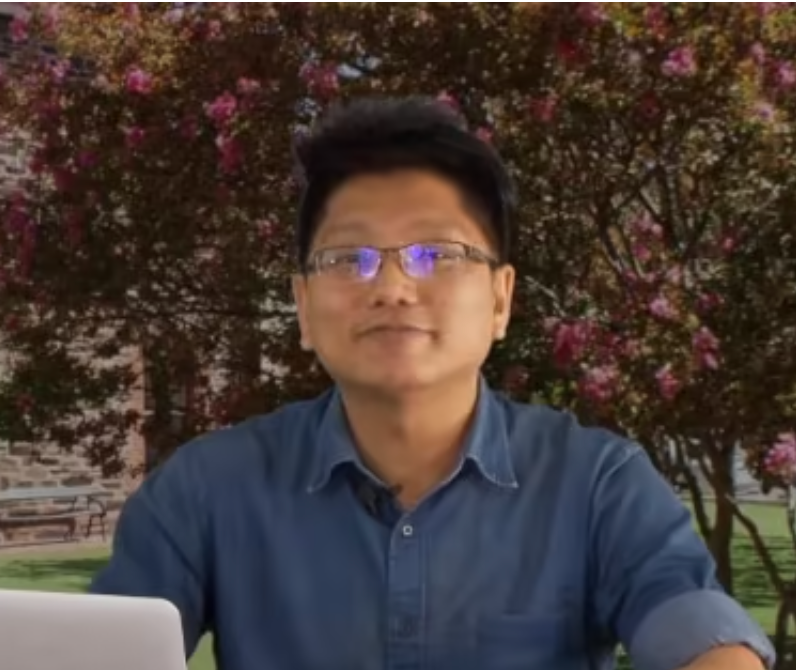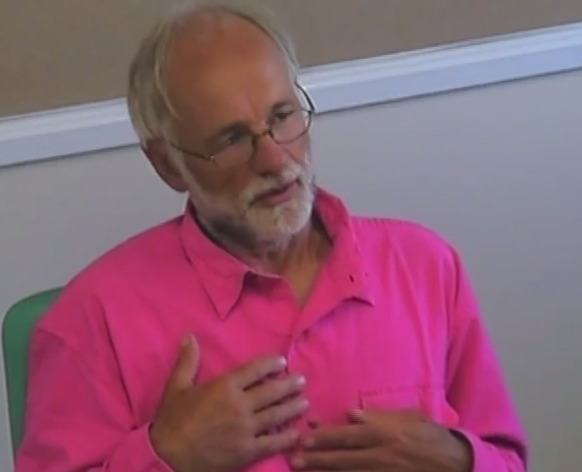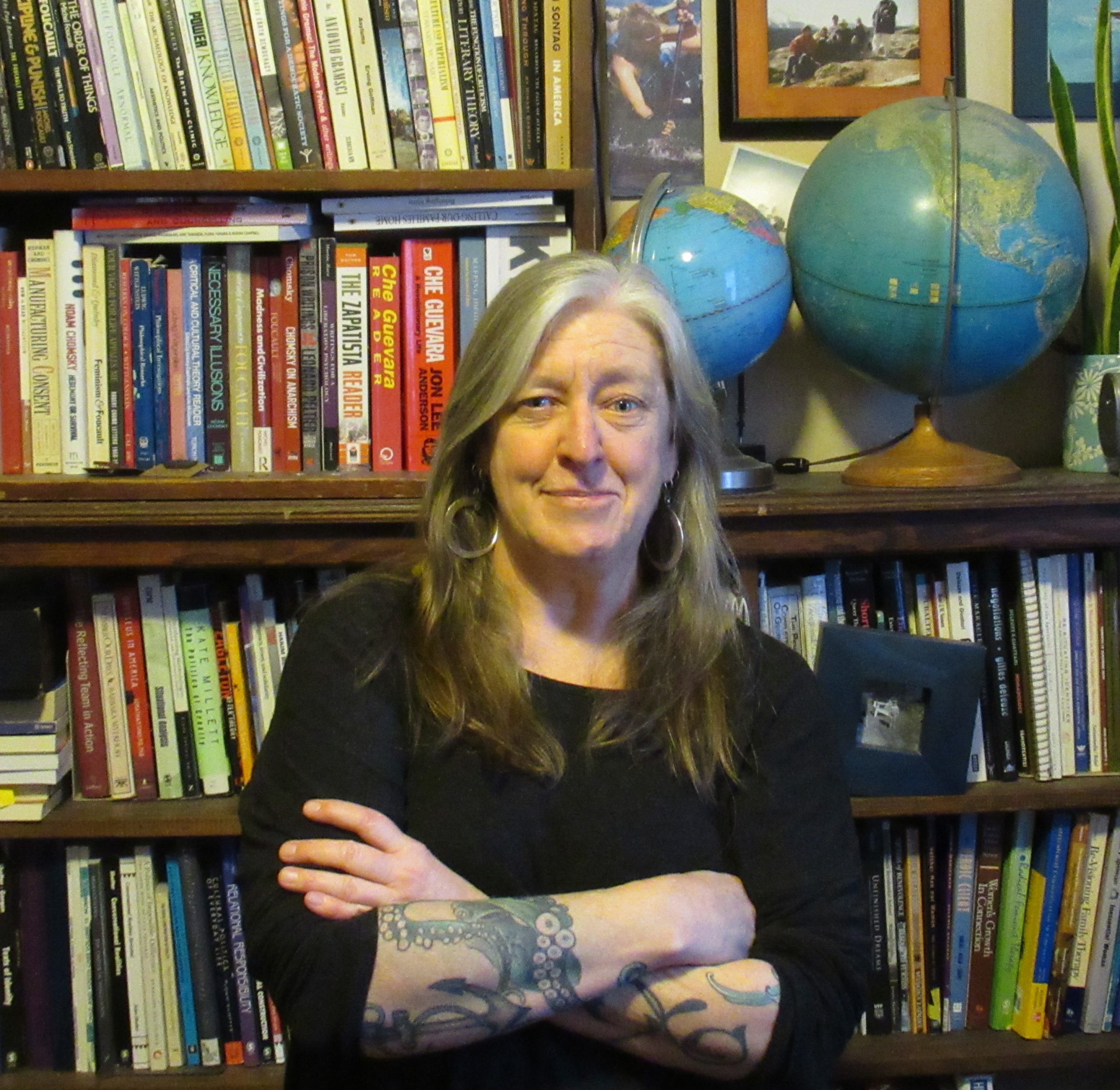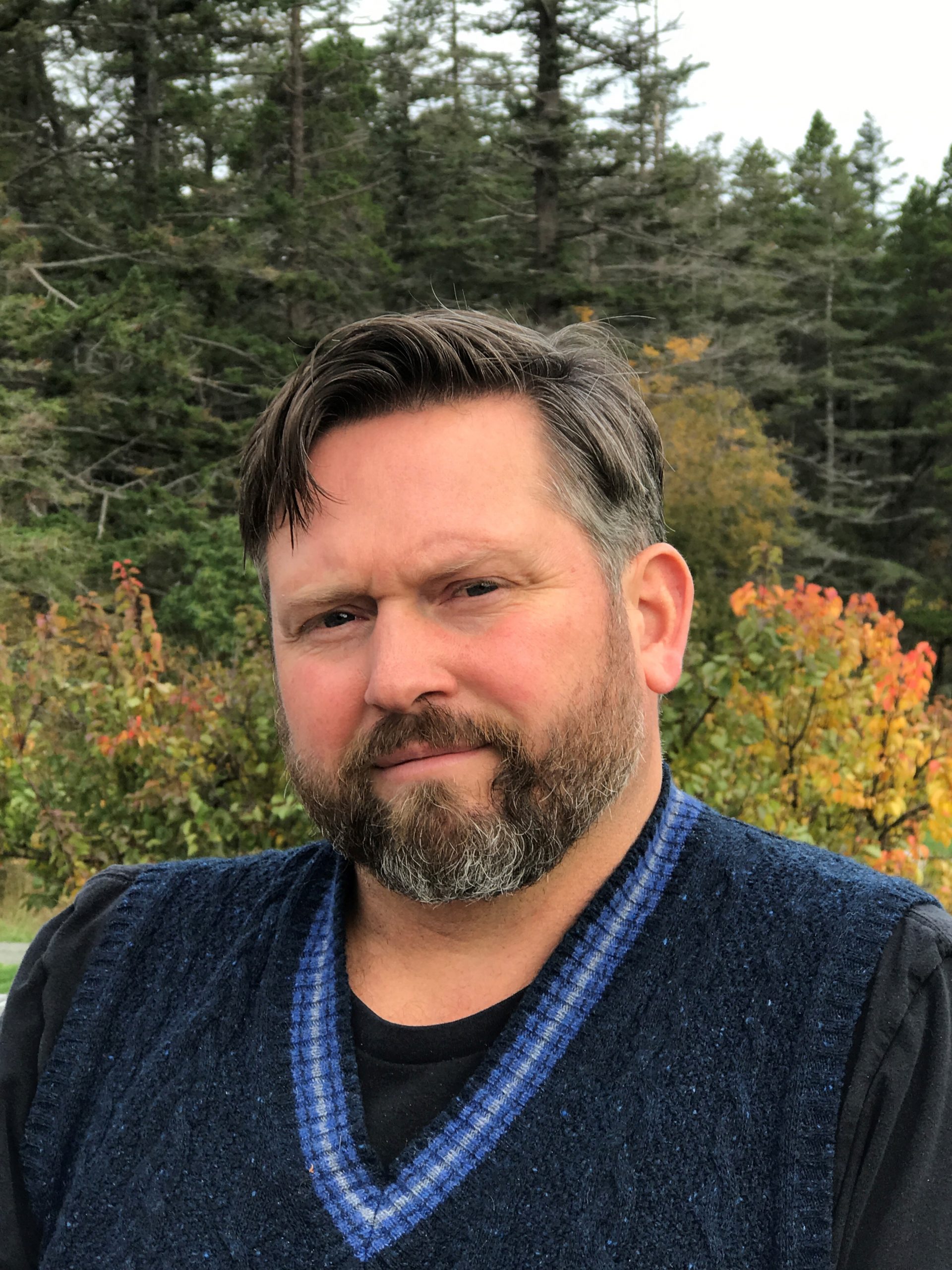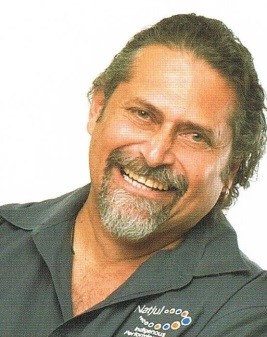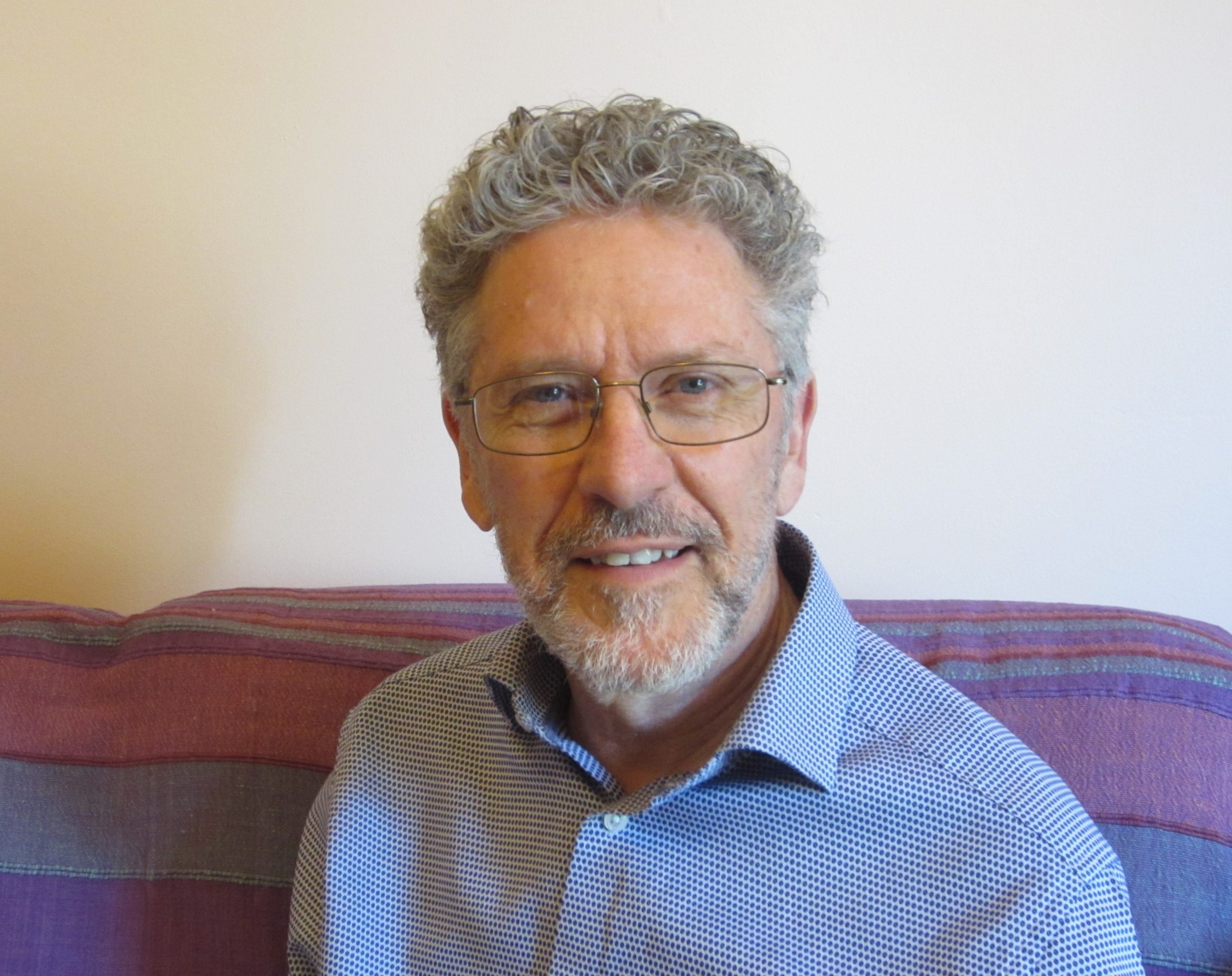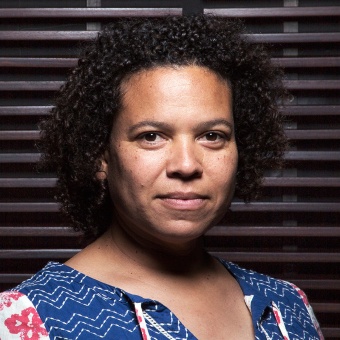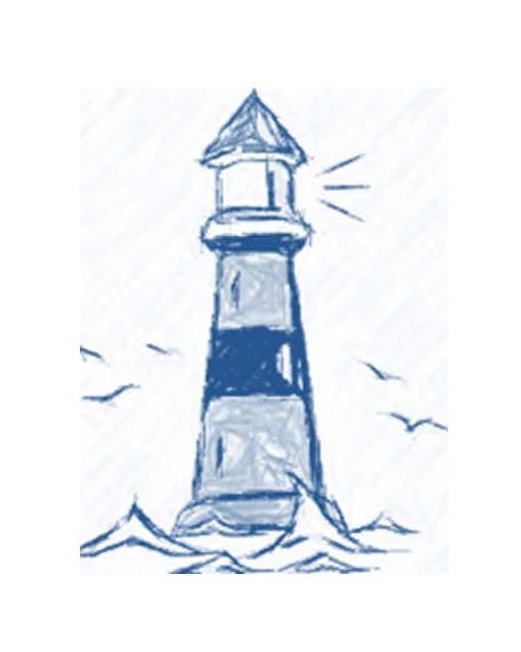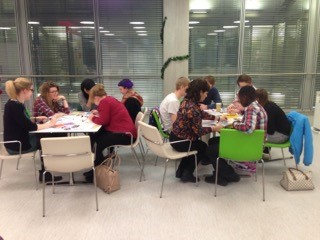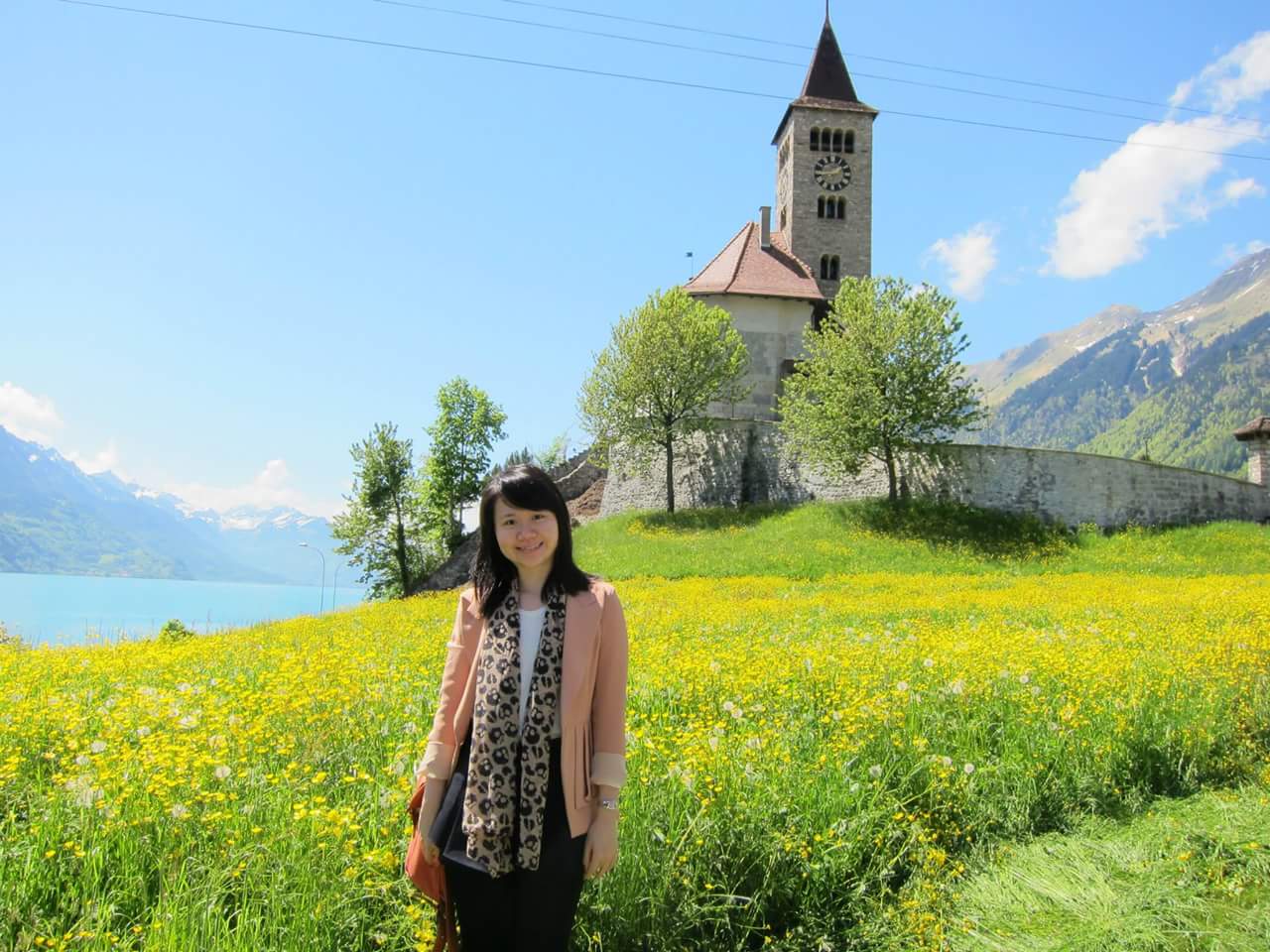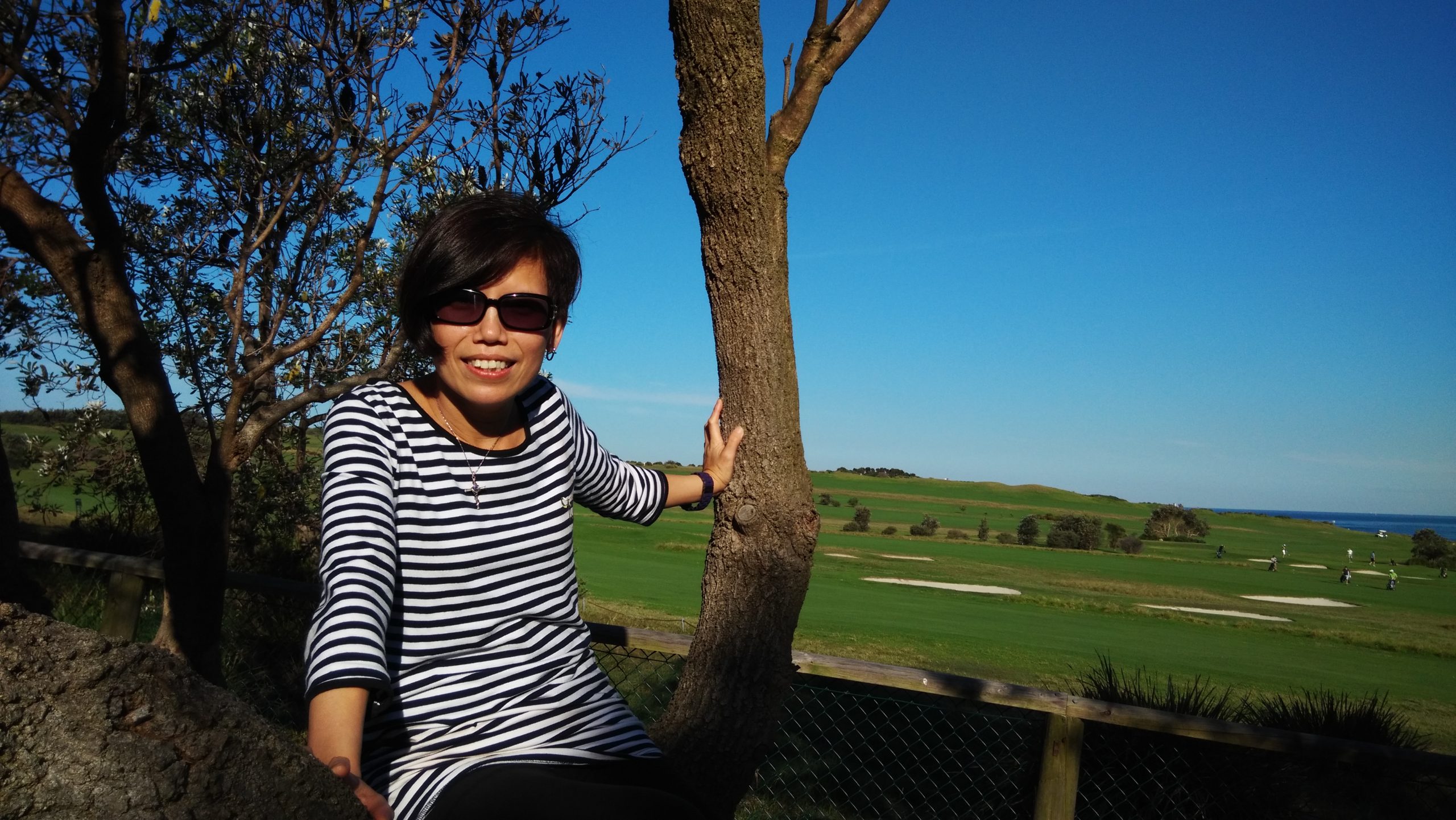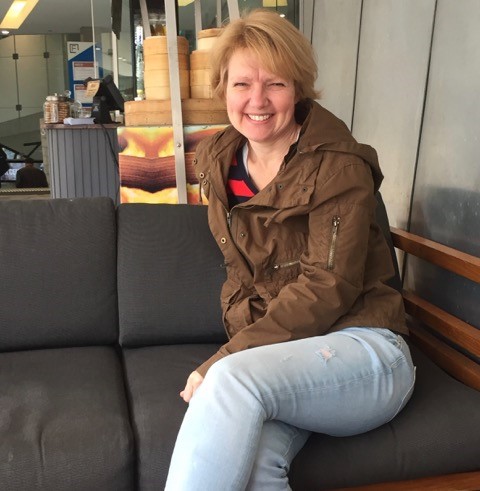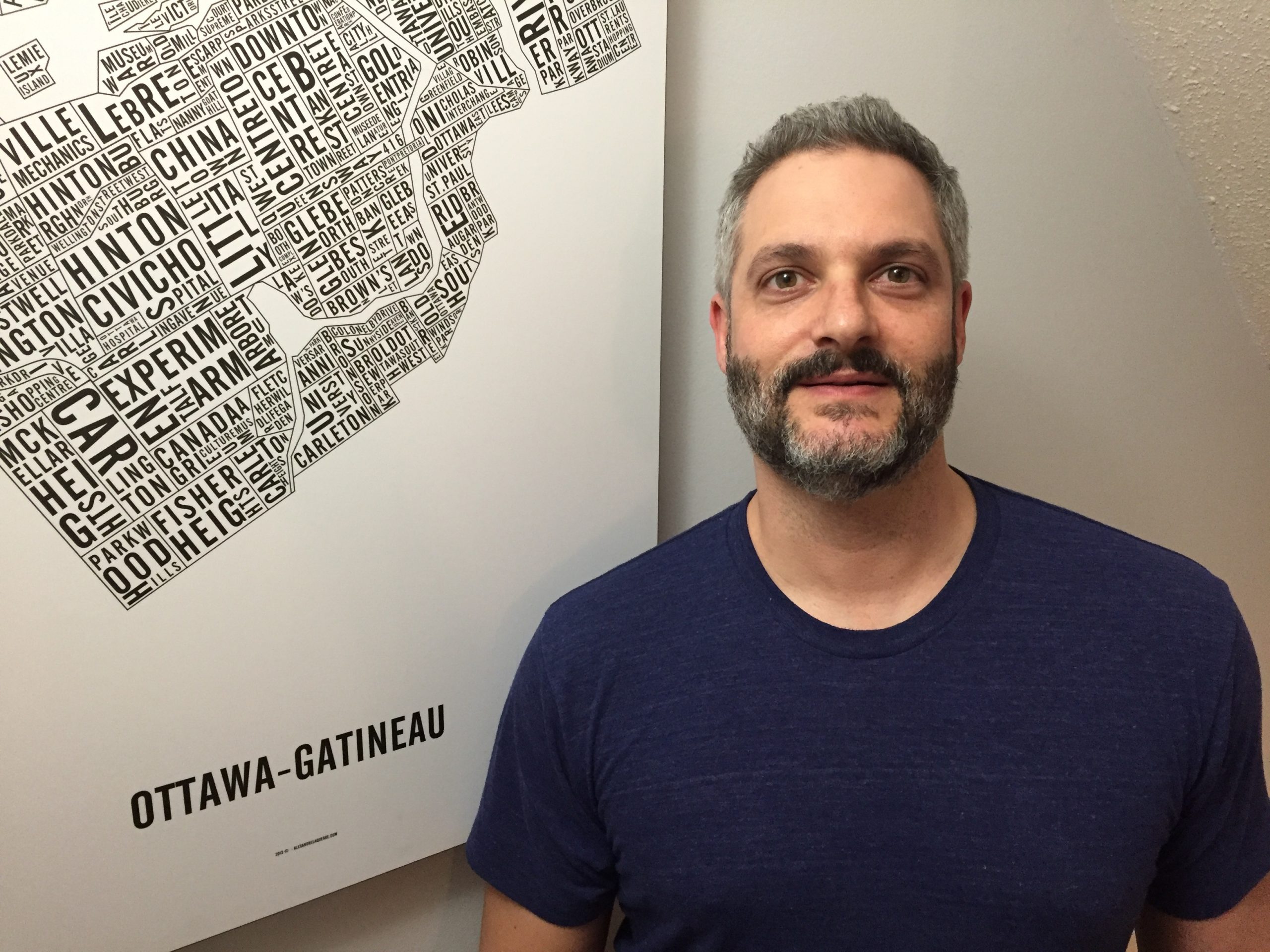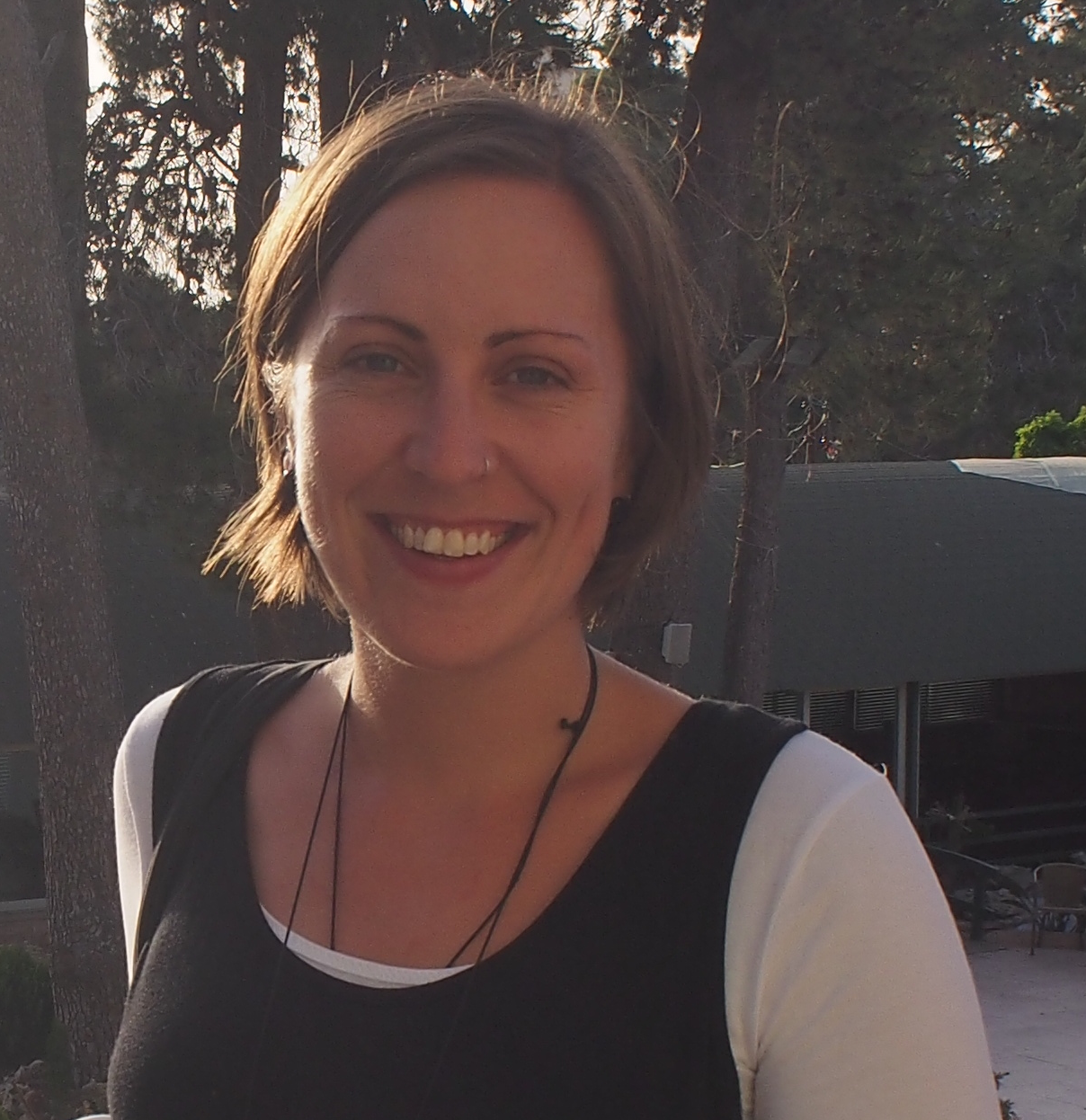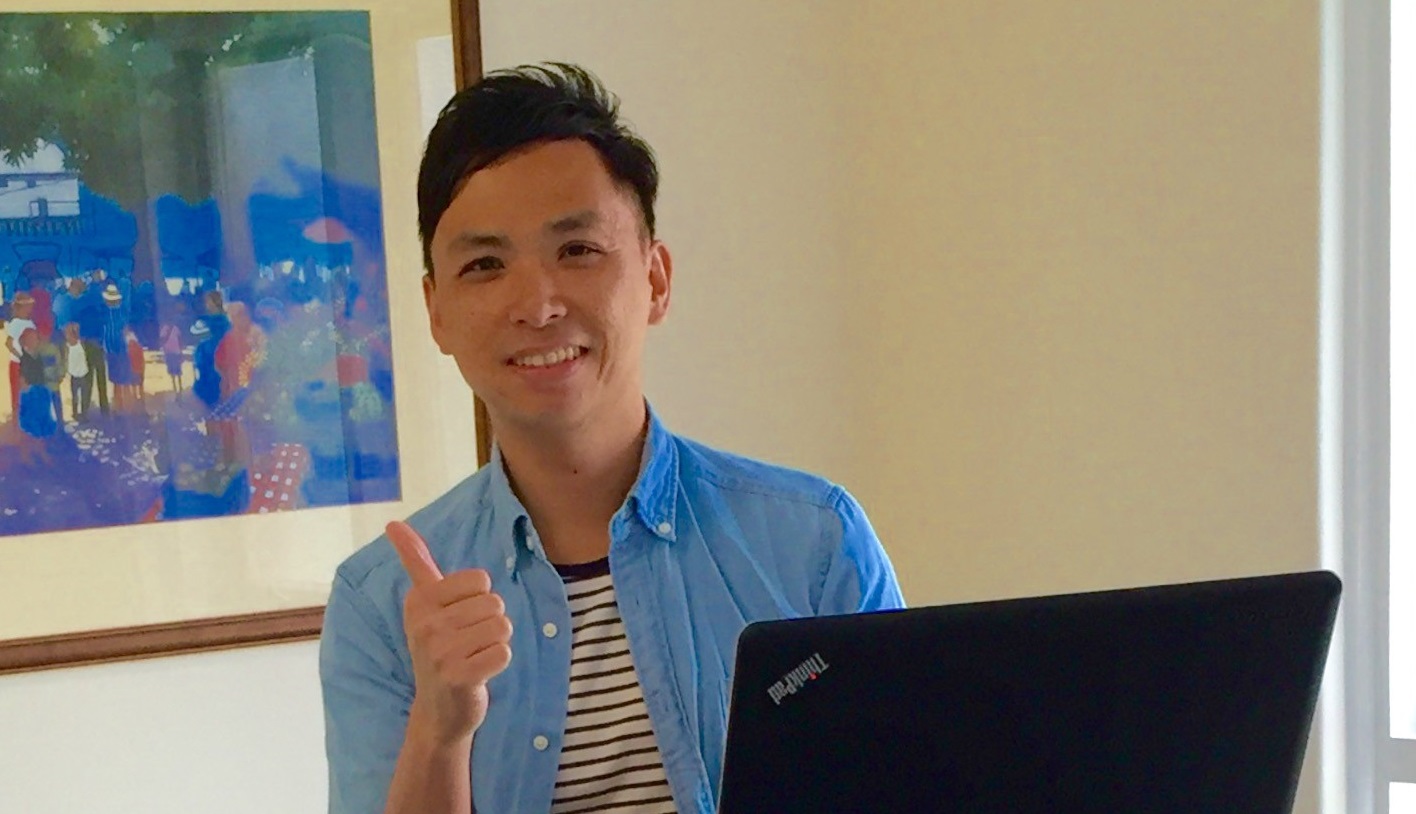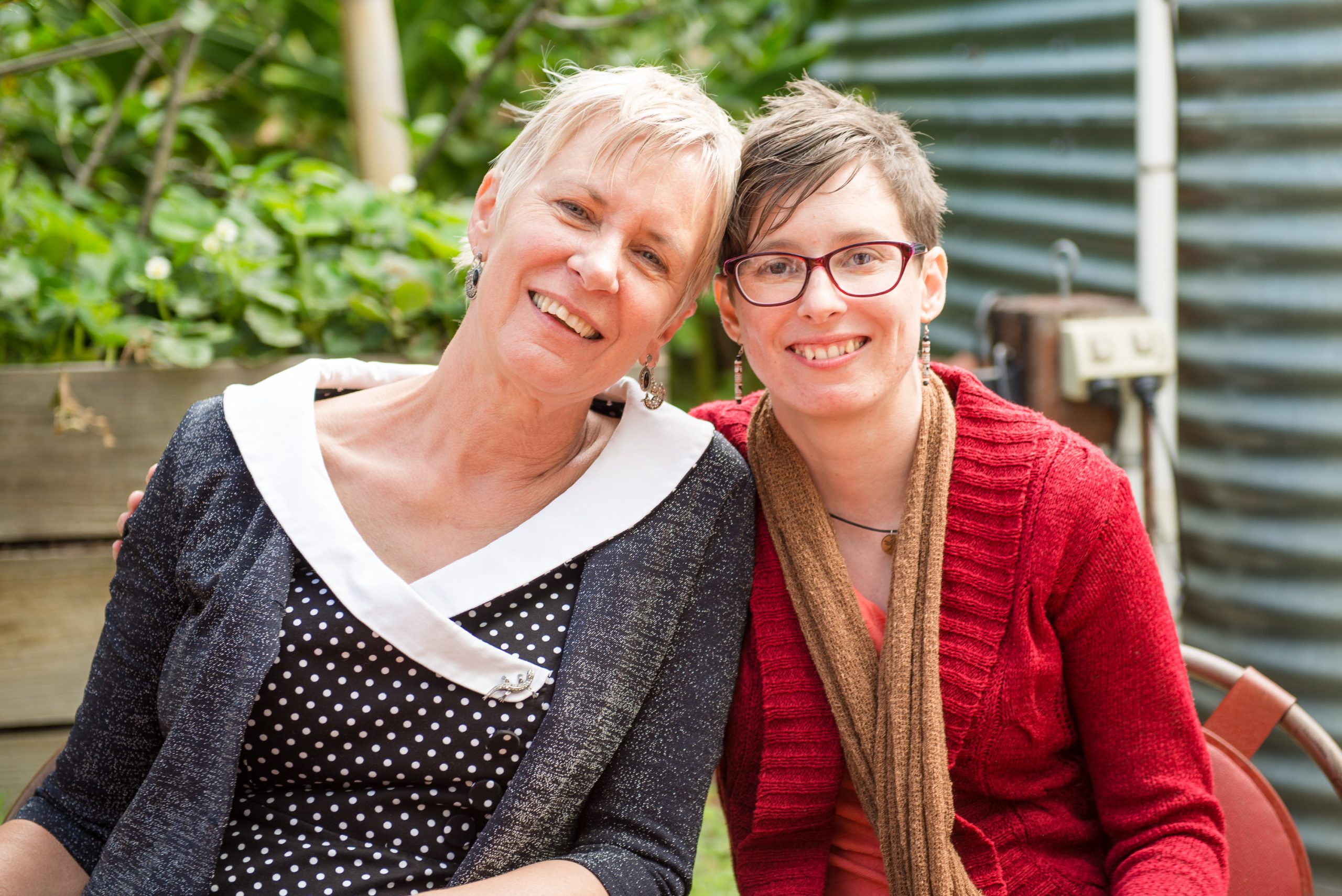From 1983 onwards, Dulwich Centre was known for holding free events on Friday afternoons. These ‘Friday Afternoons at Dulwich’ would begin at 4.30pm so that people dropped by on their way home after the working week. They always consisted of a good speaker sharing some aspect of their practice that was currently intriguing and challenging to them and this was then followed by discussion and drinks! Decades later we then starting placing video recordings up on this site on Friday Afternoons! Of course, you can view these wherever you are in the world at a time that suits you, and then contribute to the discussion and debate. These online discussions continued the ‘Friday Afternoons at Dulwich’ tradition. Now that the International Journal of Narrative Therapy and Community Work is multimedia you can now find our latest video offerings there.
Disclaimer: Please note that the views expressed in Friday Afternoons videos and forums are those of the presenters and forum participants and do not necessarily reflect the views of Dulwich Centre Publications or Dulwich Centre Foundation. Dulwich Centre Publications and Dulwich Centre Foundation does not accept responsibility for them. Nor can we accept responsibility for the effects of using the ideas shared in these presentations in your own contexts. Watching these video presentations is not a substitute for training or supervision in narrative practice, both of which we thoroughly recommend.
More often than not Jonaki meets young people who routinely compare and measure themselves with normative standards that lead them to a sense of ‘I am not good enough’ or a sense of failure. This video helps to understand…
After the country was shattered by genocide against the Tutsi, they were many orphans, widows, children born of rape, fear, ongoing struggle, physical and emotional wounds, fractured communities, and families, and more than 120,000 people in perpetrators of the…
We are a Spider’s Web: the friendship in times of crisis storytelling project aims to make visible the skills, knowledges, values, beliefs and histories that inspire community and friendship-based responses to ‘mental health crisis’. This video shares stories from…
In this video, Amelia talks about ways in which the body can be included in narrative therapy conversations through both mindfulness (of the present moment experience and the questions we ask) and deconstruction, fostering a greater sense of connection to, and…
Terminal illness, death and dying are universal human experiences, but discussing them can be challenging. This video demonstrates the use of a therapeutic conversation guide, ‘STEPS Together’, providing a structure to employ narrative practices to support people to develop…
This presentation describes Beck’s work as a counselor in an in-patient mental health crisis treatment program in Calgary, Canada. The goal of this project was to support nurturance and growth of narrative ideas and work in a setting that…
This video explores the danger of a single story in traditional mental health assessments, and presents an alternative assessment tool that seeks to contribute to rich story development while satisfying organisational requirements. This double-storied assessment tool elicits stories of…
In this presentation Lesley will share how collective narrative practices can be an effective remedy for the lingering effects of trauma and violence against women. These practices acknowledge and dignify the complexity, defiance, resistance, and human agency of the…
In this presentation, Michael shares his co-research with people experiencing homelessness drawing on collective narrative practices. Michael’s work was informed by a solidarity team carefully selected for their insider and professional knowledges to foster his accountability to those who…
In this Friday Afternoon Video, Hailey Trudgeon details her experience using narrative practice to help children be a part of conversations about emergency preparedness within their community. It explores the importance of children’s voices in discussions about emergency preparedness…
In this week’s Friday Afternoon Video, Beata Mukarusanga speaks about the use of gardening metaphors in work with adults and young people in Rwanda. As she discusses, many Rwandans have experiences of farming and gardening and readily took up…
In this week's Friday Afternoon Video, Erin Costello brings together collective stories of sexual assault survivors working with a sexual assault team. Through the use of narrative therapy principles, these stories make visible the ways in which ‘expertness’ can…
In our Friday Afternoon Video this week, narrative practitioner Sophie Shuang Cao from China introduces the entanglement of individualism and collectivism in contemporary Chinese culture. Throughout, she shares two stories to present how these discourses influence the problems, and…
This Friday Afternoon Video is presented by Louise O'Connor, and relates to stories of women's knowledge of domestic violence, how they stay strong in the face of violence, and how women stand up to violence from the Ngaanyatjarra, Pitjantjatjara…
In this week's Friday Afternoon Video, Chilean feminist therapist Carla Galaz Souza begins with the recognition that even though much of our lives are spent dreaming, many people do not take their dreams seriously. Inviting dreams to the conversation…
In this Friday Afternoon Video, Ian Maund traces the development of the Soundtrack of Your Life (SOYL) narrative therapy methodology. In doing so, a practice story that trials its application emerges. SOYL uses folk psychology to engage young people…
In this presentation, Lisa Jones explains four ways of incorporating narrative approaches into palliative care social work. Along with their colleagues, Lisa adapted the 'psychosocial assessment' to include narrative questions, allowing for a different tenor of responses. Next came…
In this Friday Afternoon Video, Tarn Kaldor explores the effects of ‘the measurement’ on young people and the development of preferred identity school report cards. It shares stories of young people challenging the imposed definitions of their “performance” and “normality”…
It can be difficult to find opportunities to tell and reconsider stories of police or state violence. Speaking out can pose a risk to the person, particularly if the story might connect them to protests or persecuted groups. When…
In this Friday Afternoon Video, Serge Nyirinkwaya draws from narrative practices – re-authoring conversations, the absent but implicit and collective narrative practices – and from experiential learning models - as he tells his story of practice: a playful approach…
In this Friday Afternoon Video, Kelsi speaks to her PhD research on Michael White’s video archive, which features approximately 300 video recordings of his therapeutic practice and educational teaching. With the support of Cheryl White, Penny White, and Dulwich…
In this Friday Afternoon Video, Kassandra describes the complexities, the politics and the possibilities she has been navigating in her experience of bringing narrative ideas into the TV world. Having been invited over the past few years onto several…
This Friday Afternoon Video explores how narrative approaches — externalising, unique-outcome, re-membering and re-authoring conversations — can be used for a domestic abuse hotline to assist clients in deconstructing their dominant stories and get in touch with their personal agency.…
In this new Friday Afternoon video, Daniela Schon describes how therapeutic letter writing and other narrative practices were implemented in a phone-based community counselling service in relation to work with regular and frequent callers. Helplines provide support for people…
This video offers insights into stories of self-identified women and girls who came to live in a shelter in Kathmandu, Nepal, to forge their own pathways after surviving trafficking, forced sex work and/or other forms of violence in their homes, communities and beyond.
This video talks about a co-research project where Amanda invited women to reflect on what they perceive to be some of the causes of perinatal depression. Interesting insights were shared.
This video explores the experience of combining two different therapeutic approaches, Narrative Therapy and Intention Peer Support. It aims to explore the huge value of the peer relationship. The peer relationship is when both or all parties in the relationship have had some similar or like experience.
Narrative Walks is a hope-based, depathologising outdoor program that was developed to engage with populations who may not be drawn to conventional methods of therapy. This structured day program encourages participants to explore 15 narrative therapy questions, and to engage in a number of other activities during a 20 kilometre walk through the bush.
This video describes a series of narrative responses to the hopelessness, despair, and fear felt by some community members in late 2018. These narrative responses included collective document creation, discussion groups, letter-writing campaigns, and a focus on invitations to solidarity and to collective action.
This 3-part video introduces the Narrative Docket, a narrative practice innovation developed for use in working with adolescents who have been referred to social services typically through the legal and police systems. Narrative ideas underpinning this Docket include collective narrative practice, externalizing of problems, outsider witness, re-authoring as well as counter-documentation.
This video explores the effects that structuralist thought has had on Western psychology, it's dominance in cultural ideas about mental health and the different historical events that have contributed to this. It's essentially a deconstruction of some of the ideas; a deconstruction that shows the foundations to be invented, not discovered, and exposes the limitations to our thinking when we accord these ideas truth status.
In this presentation, Vikki discusses strategies from activist movements to resist calling-out culture - where we cut off, exile and attack fellow workers - and instead find ways to offer critique which is different from attack. Structuring safety and creating cultures of critique requires that we create relationships of respect and dignity as a frame for our solidarity.

In this Friday Afternoon Video, narrative therapist Natalie Smee demonstrates her work with four women using narrative therapy principles and practices to respond to women who are impacted by domestic violence. The video describes the interview process and explores the impact and ‘acts of resistance’ the women described throughout the sharing of their stories. The use of externalising metaphors and stories introduce a way of viewing domestic violence and other difficulties in their lives, in a hope to decrease the influence of domestic violence in the women’s lives and to increase their personal agency in dealing with it. The video draws on the migration of identity, collaborative documents and insider knowledge to build a witnessing resource for abused women. It invites the audience on a journey with the women through the viewing of an interview which combines elements of all four women’s responses. Although each woman’s experiences and journey had been torrid and unique, they were committed to the notion of sharing stories of migration to be collated into a collaborative resource for the witnessing purposes of other women who are considering their own migrations from violence.
In this Friday Afternoon video, narrative therapist Grace Drahm will focus on the different maps of narrative practice that she has utilised to support Aboriginal young people and their families develop storybooks and therapeutic documents which centres and honours their Aboriginal worldview.
In this video Ryan Carpenter highlights some of the work he is doing working with folks who have experienced incongruences with their sense of self and lived experiences.
This Friday afternoon video by narrative therapist Anthony Newcastle describes the work around Didgeri which began as a regular opportunity for Aboriginal men and young men to learn to play the didgeridoo, yet grew into a local collective initiative to help give voice in support of men who had experienced sexual abuse in their youth.
In this Friday Afternoon video, Narrative Therapist Eunjoo Lee shows how social discourses surrounding conformity pressures are deconstructed in a Korean context.
Narrative Therapist Ian Percy offers ways of conceptualising mindfulness that includes, and diverges from, prevailing discourses and practices. In this video, Ian will offer a brief guided method that brings gentle attention to somatic experiences before proposing that mindfulness can assist in sustaining preferred skills and the consolidation of desired values and ethics. These expanded applications of mindfulness can be integrated with storied meaning-making.
In this Friday Afternoon video, Narrative Therapist Yael Gershoni will demonstrate a way of finding points of departure for re-authoring “alternative stories”. The concept is that the multi-generational family of origin can be a rich resource of “collective knowledge”.
This Friday Afternoon video presentation by Rachel Herzing outlines approaches to reducing violence that do not rely on remedies tied to policing and imprisonment.
In this Friday Afternoon video, narrative therapist Lauren Graham describes a narrative informed group she developed and conducted for parents whose children are in care, and the ripple effects of linking communities through the sharing of stories and documents initially generated through the group.
'Beads of Life’ group by Narrative Therapist Sara Portnoy uses narrative therapy principles to help young people with a diagnosis of Cancer to tell the many stories in there lives in ways which make them stronger.
The “box of problems” represents a document of deconstructing conversations which the therapists and the people consulting them can collaboratively create by co-investigating the historical, social, political and economical contexts of problems.
‘My Happy Ending’ group work uses narrative therapy principles and practices to respond to children who have experienced violence in their families. The video describes the two-days-one-night group work process and offers reflections on working with children in Singapore using narrative ideas.
This Friday Afternoon video by Meizi Tan explores the double story development of women’s responses to gender violence through the use of collective narrative methodology. This project describes the use of Recipes for Life in a two-days-one-night group work retreat organized for women who have experienced gender violence in their intimate relationships.
This Friday Afternoon video demonstrates the integration of Aboriginal Art with Narrative Practices to create culturally appropriate counselling for Aboriginal practitioners when working with Aboriginal children and young people. Narrative Therapist Vanessa Davis also offers a step-by-step explanation of how she has used 'My Meeting Place' in a one-on-one counselling session, to create and guide Narrative conversations.
This Friday Afternoon video by narrative therapist Kylie Dowse invites viewers to consider how narrative ways of working intertwine to prioritise the safety of women and children while respectfully engaging men.
In this Friday Afternoon video, narrative therapist Siu-wai Lit presents the experience of using Narrative Therapy Group that gives voice to the neglected counter narratives of the unwed teenage women with pregnancy experience through the innovative practice for double-story development, in which the members not only experienced personal growth, but also realised that they have a choice – to be continuously dominated by the problem-saturated story or to take a step to walk out!
In this Friday Afternoon Video, Kristina Lainson explains the concerns about eating and its effects on bodies are often articulated in terms of individualised pathologies. This video describes an interweaving of narrative practices which has proved helpful for a number of women experiencing such concerns. By inviting collective considerations to their individual experiences, and by recognising and naming their existing commitments and agentive responses to societal expectations, it became more possible to move away from ideas of ‘stuckness’ towards a sense of being influential both in their own life, and possibly in the lives of others similarly concerned.
In this Friday Afternoon video, narrative therapist Mohamed Fareez proposes the use of the 'Life Certificate' a narrative therapeutic document that allows us to document the preferred stories of our lost loved ones. Examples of how the 'Life Certificate' is used in practice will be discussed, along with narrative inquiries to facilitate the renegotiation of our relationships.
In this Friday Afternoon video, Yuk King Lau brings together narrative therapy and systemic family therapy in her practice with students encountering difficulties in school attendance.
In this Friday Afternoon video, Julie introduces cultural studies methodologies as conceptual and conversational resources that help us have meaningful and productive conversations about peoples' relationships with the commodities and practices of popular and media culture. The video provides a brief overview of cultural studies, questions for reflections, sample questions from the three domains of inquiry (political economy, textual analysis, and audience reception), and suggestions for further reading.
In this Friday Afternoon Video, Caca Wong presents an exploration on using art in narrative practice for children and youth to express their experience as well as acknowledging their skills and knowledge on facing ‘Anxiety’. Through the exercises of Art, they have chance to externalize and re-authoring their anxiety stories with hopes and dreams.
In this Friday Afternoon presentation, Chad shares some stories about his use of ceremony and ritual - what he calls Liturgical Practice - in therapy and introduces some of the thinkers and ideas that have informed this work.
This Friday Afternoon video presentation outlines the process and experiences that were co created in Melbourne in 2015 as narrative therapist Cyndi Darnell and a group of individuals met weekly for 15 weeks to apply the principles of group Narrative therapy within a sex and pleasure context.
In this Friday Afternoon video Marc talks about a Collective Narrative Practice project which involves exploring the Bicycle as its central metaphor. He will provide an overview of this collective practice methodology and share specific examples of how he has explored this metaphor with the use of ‘place-based’ narrative questioning practices within his own context.
This video explores the use of narrative documentation in work with people from refugee backgrounds, specifically in contexts of responding to trauma. Through the lens of narrative documentation, a number of narrative principles and practices are explored, including eliciting responses to trauma,…
In this Friday Afternoon video, Chris Tse presents an experience of collective narrative practice with young people with Asperger who experienced bullying in their lives. This project intends to connect young people together collectively.
Apart from swimming with her Border Collie and being a taxi for young people who live with her, Carolyn's working life is primarily with children. Having been taught by Michael White in the early 90's, Carolyn now practices Narrative…
In this Friday afternoon video we (Manja and Gipsy) share some snapshots from our 28 years of loving, living and working together in the intersections of age, sexuality and illness as non-biological mother and daughter in a Lesbian family.…


